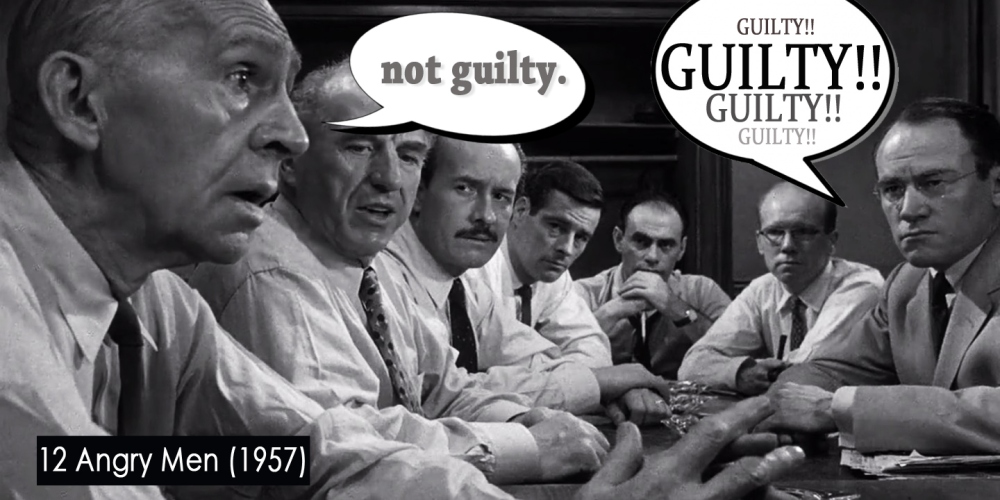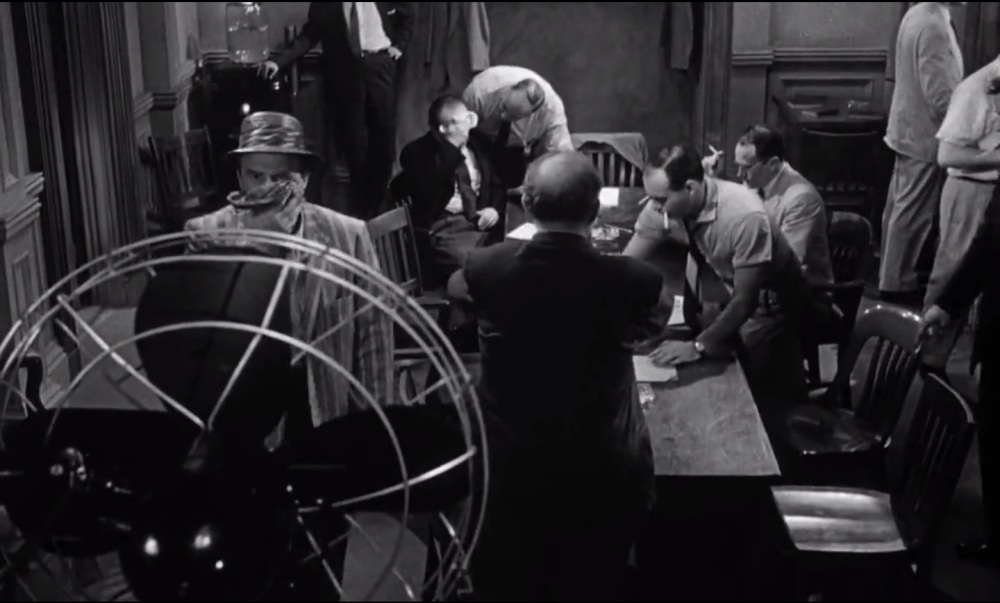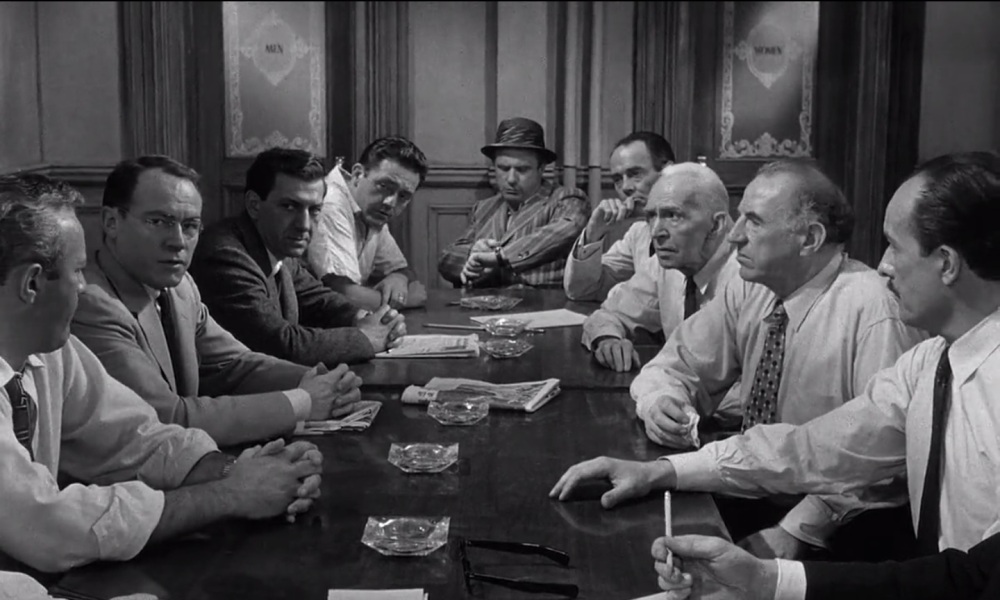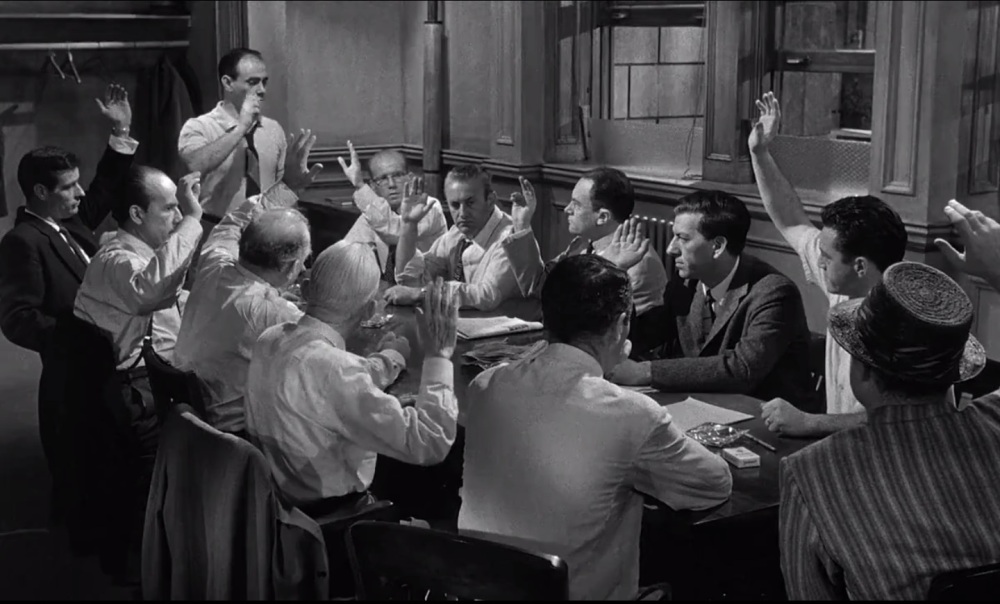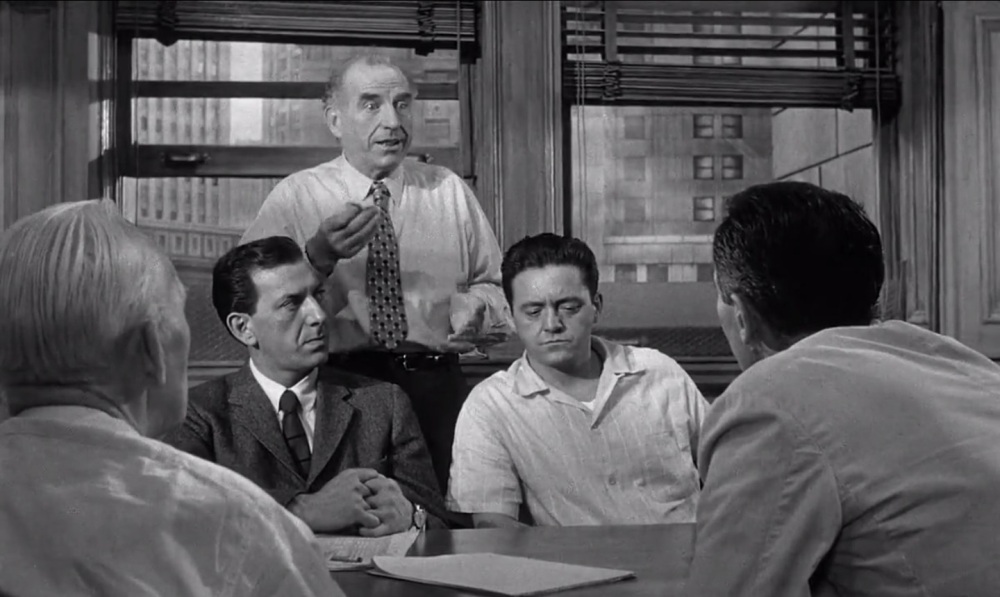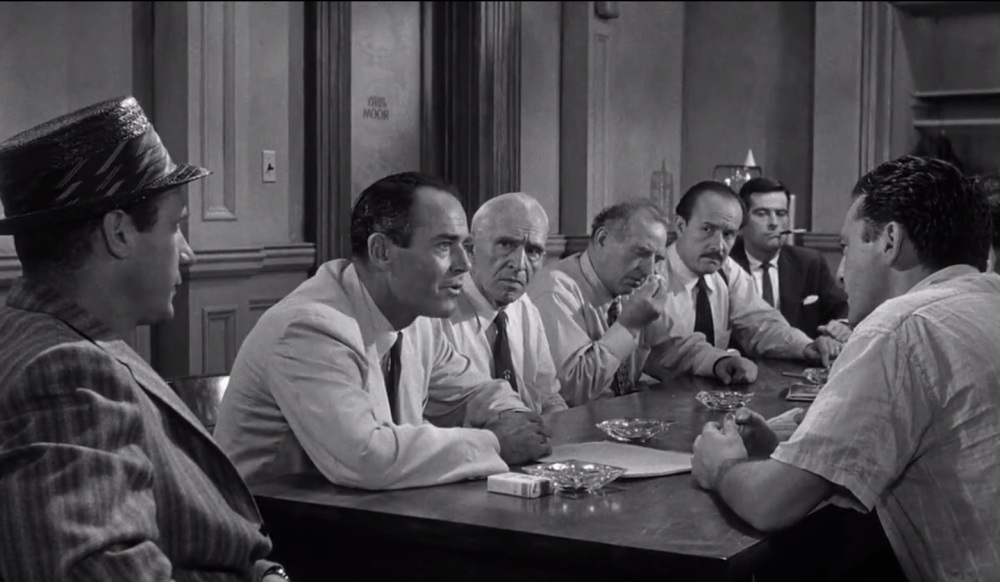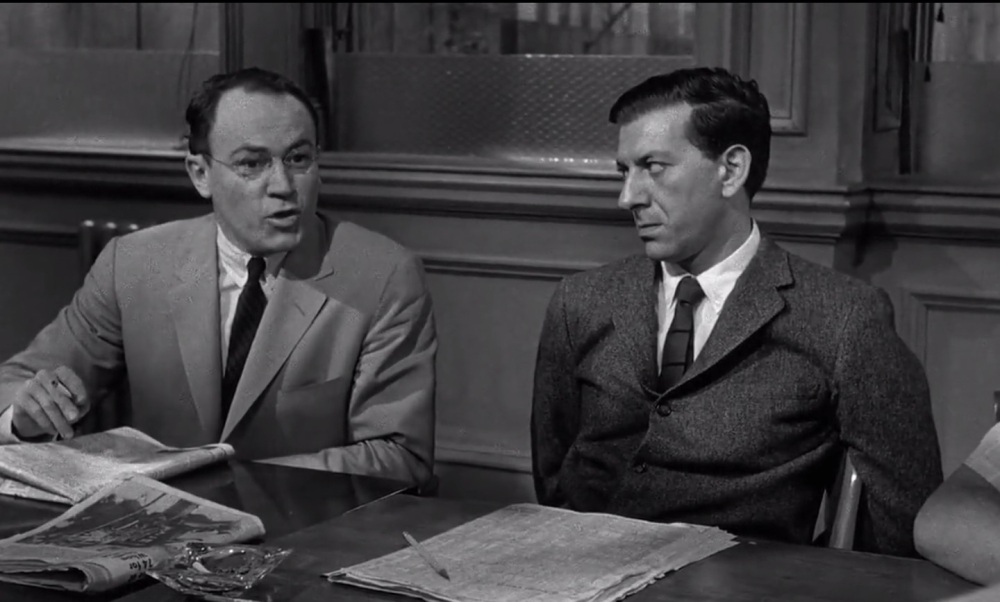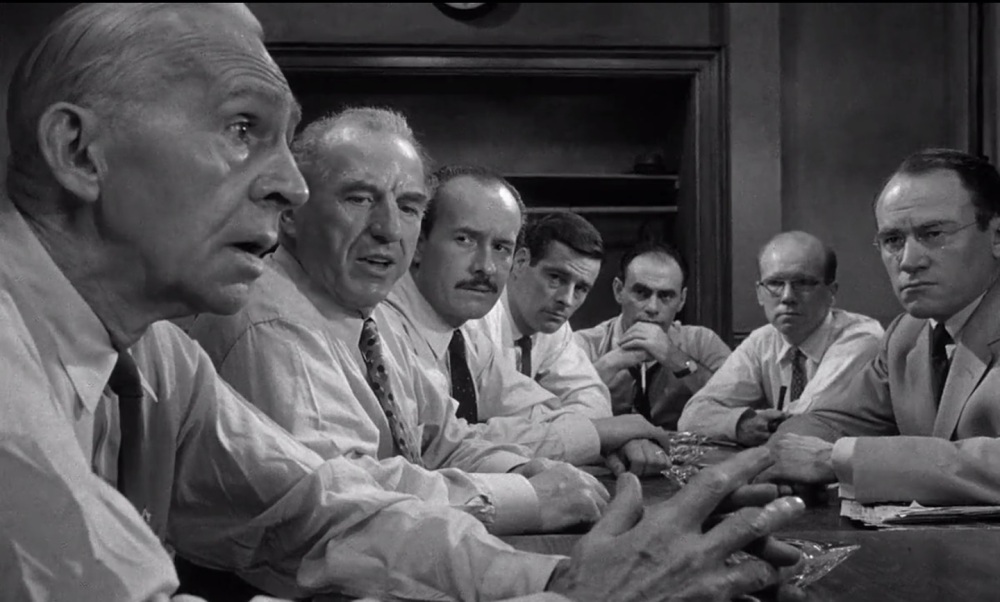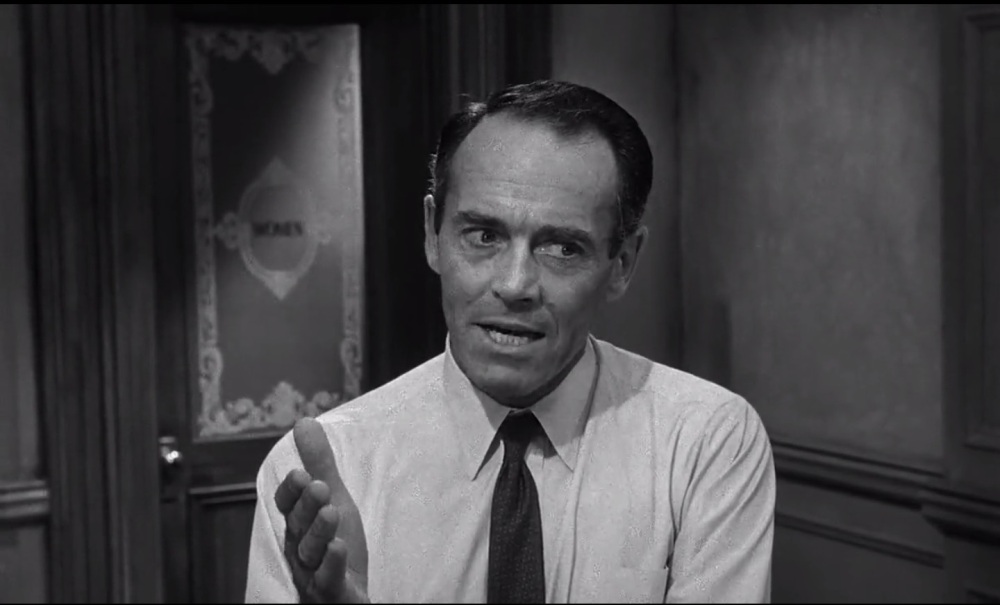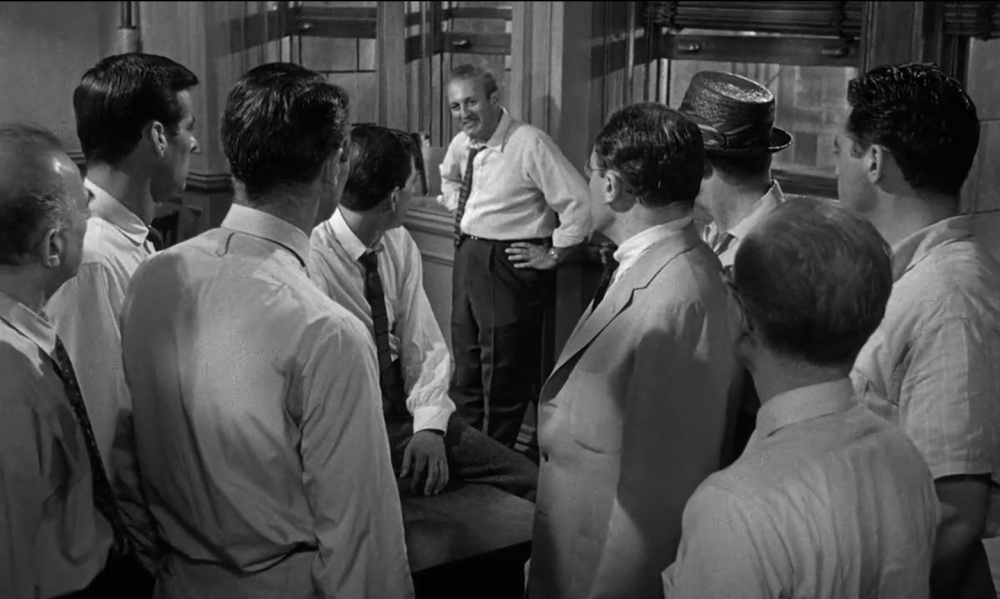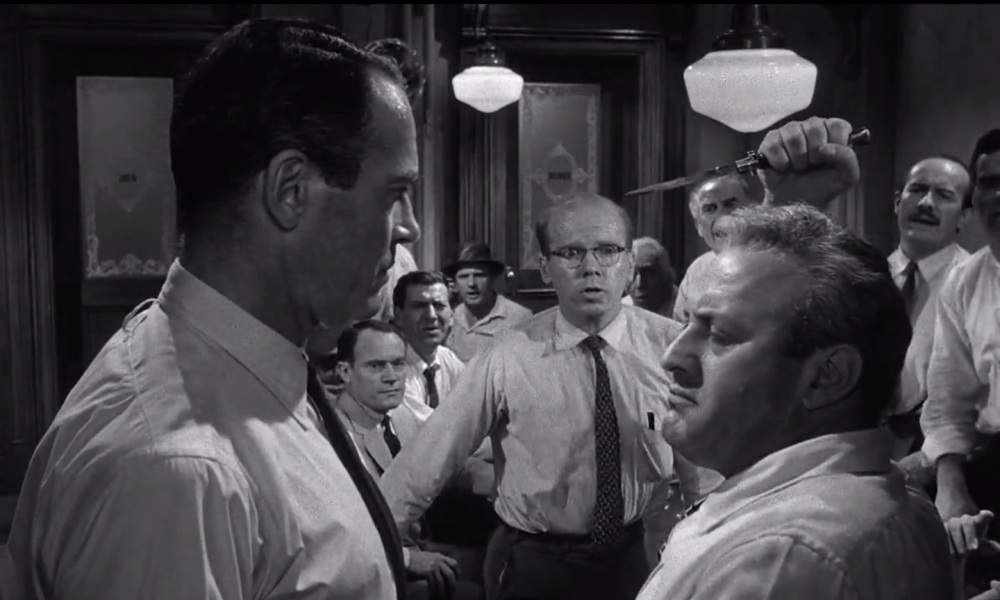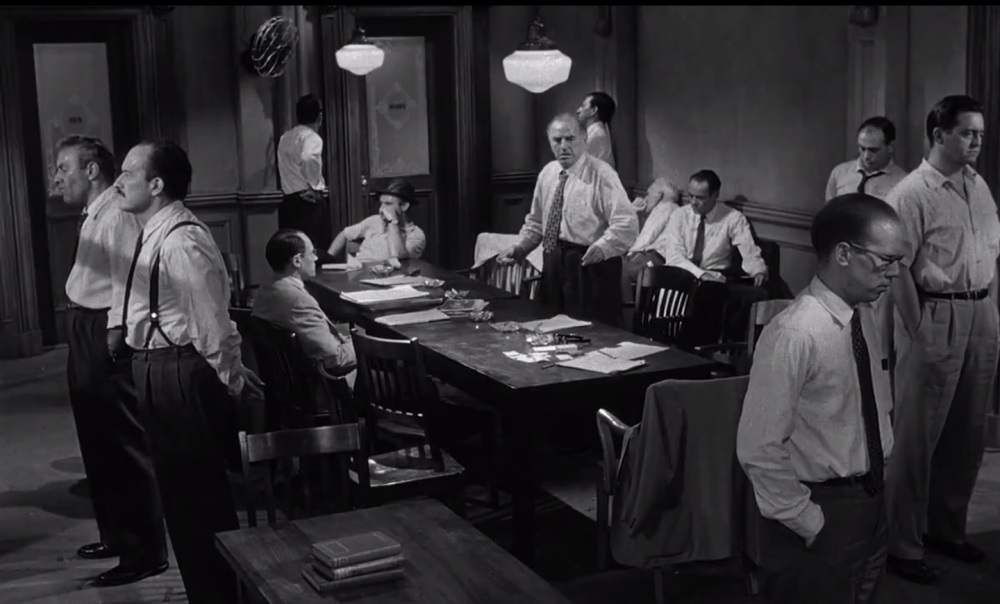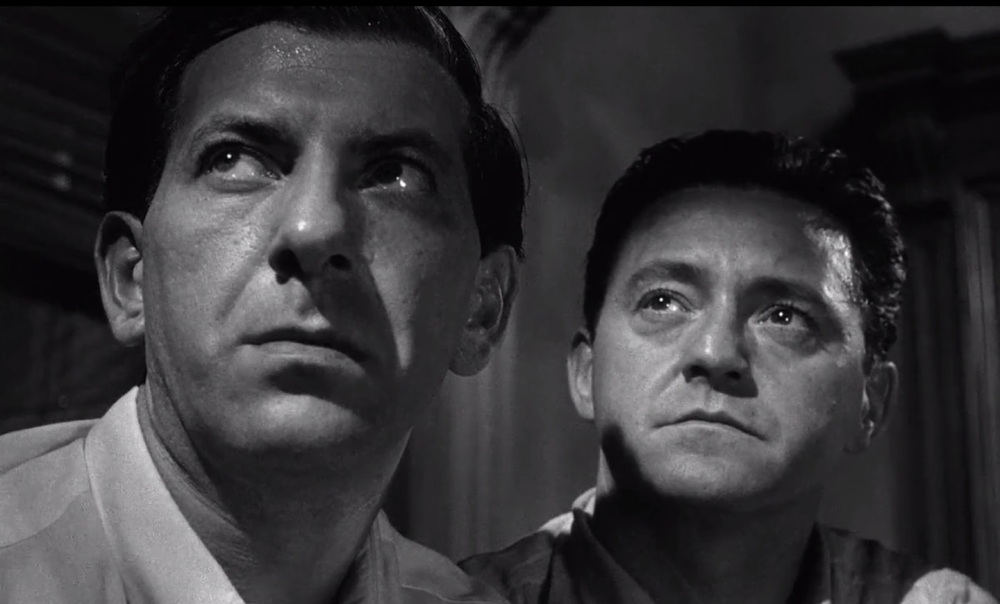Right to Justice is an indispensable birthright of every human being. The Justice system is built on the structure of right to justice without any biases or prejudgment of any kind. Fair trail for any defendant in the court of law is equally a rightful entitlement which upholds their right to justice and fulfills the cause for a fairer society.
Many a time, justice fails to serve those who need it the most. In a society, which is built on the supremacy of one race, class or culture and domination of other, justice triumphs for only those who enjoy the privilege of controlling it.
12 Angry Men is one of the earliest films to be made on the issue of racism in America and the trial of a racial minority. Roger Ebert has cleverly summed up the film;
In form, “12 Angry Men” is a courtroom drama. In purpose, it’s a crash course in those passages of the Constitution that promise defendants a fair trial and the presumption of innocence. It has a kind of stark simplicity.
Review
12 Angry Men provides an important insight on human conscience, rationality and decision making. It also raises the question of rationality and prejudgment which accompanies any juror in the court. As rightly pointed out, Jury duty is a moral duty. The film brings out the moral in the jury duty.

Official Poster of 12 Angry Men
It starts with 12 men from different walks of life complaining, contemplating and grudging about their respective lives in a small jury chamber. It begins with a simple vote counting 11 ‘Guilty’ and a single ‘Not’. What follows, is a lengthy course of reasoning for a fair trail, questioning of the justice system, attacks on personal choices and personal conflict with biases. The end brings the unanimous 12 votes counting ‘Not Guilty’.
Juror #8 (Henry Fonda) is the one who challenges the vote for ‘Guilty’. He reasons with each one of jurors to make them understand the need of righteousness in this case which may serve as the finest example for many cases to come later.
The assertive dialogues and the greater gesticulations of actors add life to the entire story, many sub-plots are interweaved into one to create a single plot which serves as the story lasting a full 95 minutes. Juror 8’s immense persuasion in bringing facts and possibilities on the table for discussion brings a general disapproval but at the end he is able to bring a change.
Set in a single room, the film shows few glimpses of the court room. Evidences are shown only second-hand, as reasons for disposition of the case. The background score is less yet subtle. Sydney Lumet‘s directorial debut proves to be a an important film for all the generations.
★★★★★/5
~Synopsis~
Not Guilty – 1/11
Not Guilty – 2/10
Not Guilty – 3/9
Not Guilty – 4/8
Not Guilty – 5/7
Not Guilty – 6/6
Not Guilty – 7/5
Not Guilty – 8/4
Not Guilty – 9/3
Not Guilty – 10/2
Not Guilty – 11/1
Not Guilty – 12/0
12 Angry Men (1957)
Directed by Sydney Lumet, Written by Reginald Rose, Produced by Henry Fonda, Reginald Rose, Starring: Henry Fonda, Lee J. Cobb, E.G. Marshall, Martim Balsam and others
Distributed by United Artists
